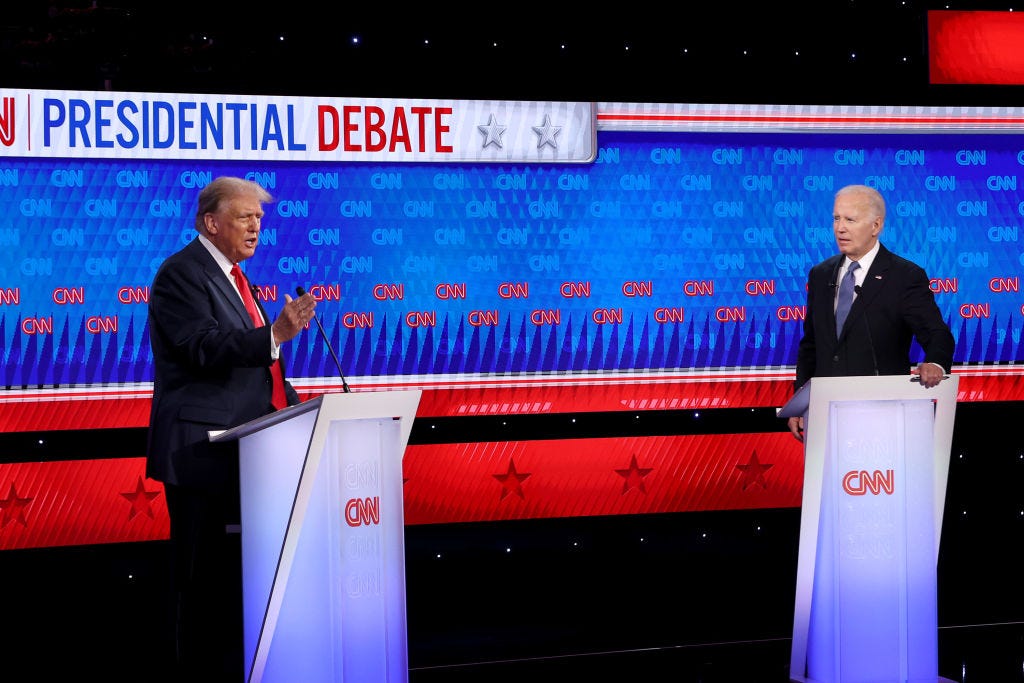The climate stakes of the election just got much higher
By nixing the Chevron doctrine, the Supreme Court gave presidentially-appointed judges more power over the planet's fate.

One of the most significant powers the U.S. president has is the ability to appoint federal judges. These judges make decisions that influence every facet of American life, for terms that far outpace the president’s time in office.
Joe Biden hasn’t been a perfect climate president, to put things mildly. But one thing Biden has done during his tenure is appoint more than 200 federal judges who are “progressive” on climate change, said Carl Tobias, a University of Richmond law professor and an expert on federal judicial selection. On the whole, Biden’s judges “are people who would view [climate and environmental regulation] from a sympathetic perspective,” Tobias said.
The 234 federal judges appointed by former President Donald Trump are exactly the opposite—handpicked by conservative fossil fuel interests to invalidate efforts to fight climate regulation at every opportunity. And if Trump is re-elected in November, Tobias predicts, his appointments will become even more brazenly anti-climate.
“He will have no restraints because he can’t run again,” Tobias said. “It will be so much worse than the people he already put on, who were already terrible on this kind of issue.”
This prospect has been troubling for the entirety of the 2024 election cycle. But it became even more troubling on Friday after the Supreme Court struck down the so-called Chevron doctrine.


